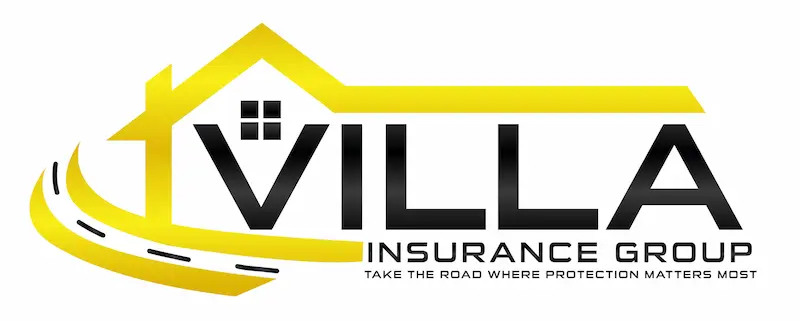It might be hard to fathom any type of audit being beneficial, but when your insurer conducts a premium audit for your account, it can just as important to you as it is to your carrier.
When you were first issued your policy, the carrier looked at the estimated sales figures or payroll data that you provided to them. It calculated your premiums based on this information. Now that you have real numbers under your belt and actual experience, the information can be reassessed to determine the correct premium amount.
Depending on how your business operates and the size of your policy, there are several methods your insurance carrier can use to conduct your premium audit, including:
Mail – Your insurer will mail you an audit form and the instructions to complete it. Once completed, you will return the form by mail to your carrier.
Phone – Your carrier will hire an independent audit company to conduct your audit over the phone.
Physical – Your insurance company will usually conduct the audit at your business, but it could be conducted at an alternative location, such as your certified public accountant’s office.
Regardless of the method, the audit will typically include your disbursements and payroll journals, ledgers, tax and Social Security reports, state unemployment forms, and other accounting records being inspected. Depending on the audit, other documents could be involved.
The data is then used for determining and adjusting premium amounts (either higher or lower). If it’s higher, you may be asked to pay back premium for the months that you underpaid for coverage.
Be prepared
The best way to handle these audits is to be prepared, and that means keeping track of certain documents and records and having them conveniently accessible so you can produce them at a moment’s notice.
The most commonly audited policies are liability and all workers’ comp policies. The
audits collect exposure information estimated when the policy was written and compare it to the actual numbers.
Here are the main records you will need to produce:
Liability policies
- Gross company sales
- Independent contractor costs (insured and uninsured)
- Payroll for certain types of exposures.
Workers’ compensation policies
- Actual employee payroll
- Cost of independent contractors if no certificate or proof of other coverage is provided.If you are notified that you will be audited, you can make the whole process easier and less stressful and hopefully end on a positive note if you follow these tips:
How to prepare
Once you’ve been notified that you’re up for an audit, there are a number of steps you can take before the auditor arrives:
- Find out what the auditor will be reviewing by looking at their worksheets and past audit billing statements.
- Determine which of your employees would be best suited to work with the auditor. Look for someone that’s both knowledgeable about the accounting records that will be used in the audit and about what work is done by various employees and departments.
- Collect all the accounting records that will be used during the audit.
- If you use subcontractors, make sure that you have their certificates of insurance on hand. Ensure that your documentation shows all the contractors have their own general liability insurance and workers’ compensation coverage.
- Check that your payroll documents include a breakdown of wages according to class code, department and employee.
The day of the audit
- Make sure you have all the applicable records easily available to the auditor. You might request the audit be conducted at your place of business.
- Ask the auditor to explain any points that aren’t clear to you.
- Request a hard copy of the auditor’s findings.
After the audit
Carefully assess the audit billing statement, comparing it to your original policy. Discuss the findings with us for assistance and advice.
Don’t agree to pay any additional premium dollars until after you have talked to us, you’ve made a list of all changes and discussed any problematic areas with the auditor.
Knowing what to expect and how to prepare is the key to a successful audit. Even if you end up being charged back-premium, it could be worse if you don’t keep accurate records. By regularly updating records that your insurer would ask for, you’ll be ahead of the game and you may identify changes that may affect your premium.
Need help with your General Liability? Get a free General Liability quote online today!
Are you looking for auto insurance in Lynnwood, Washington? We are a top rated local insurance independent agent protecting all aspects of your life, from your business to your autos and home, we have you covered! The benefit of choosing an independent agent like us means options. We have relationships with many top-rated carriers to give you the auto insurance coverage you need that fits your budget. Don’t wait, call us today at (425) 771-9000 or visit our Quotes Online and start saving money.
